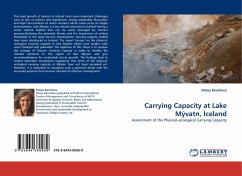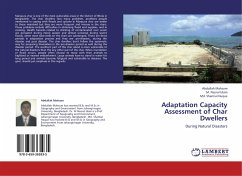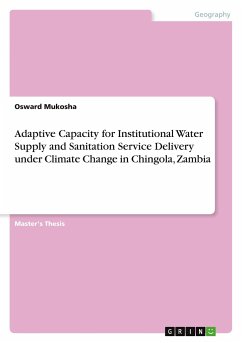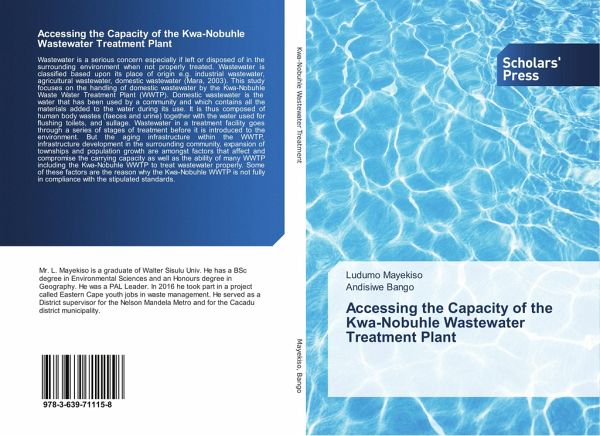
Accessing the Capacity of the Kwa-Nobuhle Wastewater Treatment Plant
Versandkostenfrei!
Versandfertig in 1-2 Wochen
39,99 €
inkl. MwSt.

PAYBACK Punkte
20 °P sammeln!
Wastewater is a serious concern especially if left or disposed of in the surrounding environment when not properly treated. Wastewater is classified based upon its place of origin e.g. industrial wastewater, agricultural wastewater, domestic wastewater (Mara, 2003). This study focuses on the handling of domestic wastewater by the Kwa-Nobuhle Waste Water Treatment Plant (WWTP). Domestic wastewater is the water that has been used by a community and which contains all the materials added to the water during its use. It is thus composed of human body wastes (faeces and urine) together with the wat...
Wastewater is a serious concern especially if left or disposed of in the surrounding environment when not properly treated. Wastewater is classified based upon its place of origin e.g. industrial wastewater, agricultural wastewater, domestic wastewater (Mara, 2003). This study focuses on the handling of domestic wastewater by the Kwa-Nobuhle Waste Water Treatment Plant (WWTP). Domestic wastewater is the water that has been used by a community and which contains all the materials added to the water during its use. It is thus composed of human body wastes (faeces and urine) together with the water used for flushing toilets, and sullage. Wastewater in a treatment facility goes through a series of stages of treatment before it is introduced to the environment. But the aging infrastructure within the WWTP, infrastructure development in the surrounding community, expansion of townships and population growth are amongst factors that affect and compromise the carrying capacity as well as the ability of many WWTP including the Kwa-Nobuhle WWTP to treat wastewater properly. Some of these factors are the reason why the Kwa-Nobuhle WWTP is not fully in compliance with the stipulated standards.



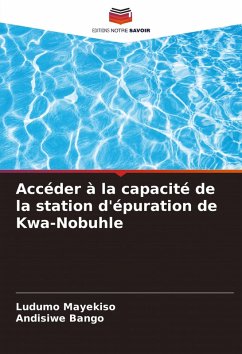
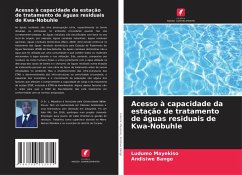
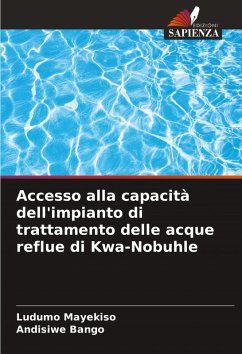

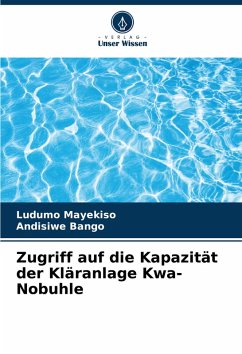
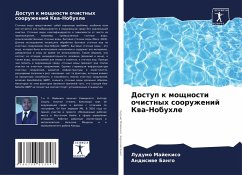
![A Practical System of Modern Geography, or, A View of the Present State of the World [microform]: Simplified and Adapted to the Capacity of Youth, Con Cover A Practical System of Modern Geography, or, A View of the Present State of the World [microform]: Simplified and Adapted to the Capacity of Youth, Con](https://bilder.buecher.de/produkte/65/65494/65494711n.jpg)
